[vc_row][vc_column][vc_column_text] خمسة صحفيين شباب من حول العالم يريدون إعادة كتابة المستقبل أحلام محسن ، كاثرينا فريك ، لوكا روفينالتي [/vc_column_text][vc_column_text] يكتب خمس صحفيين شبان من جميع أنحاء العالم - اليمن وجنوب إفريقيا وألمانيا...


[vc_row][vc_column][vc_column_text] خمسة صحفيين شباب من حول العالم يريدون إعادة كتابة المستقبل أحلام محسن ، كاثرينا فريك ، لوكا روفينالتي [/vc_column_text][vc_column_text] يكتب خمس صحفيين شبان من جميع أنحاء العالم - اليمن وجنوب إفريقيا وألمانيا...

[vc_row][vc_column][vc_column_text] “No podemos combatir la propaganda con censura” El Gobierno yemení no debería dedicarse a valorar la objetividad del periodismo, pero hay esperanza de conseguir más libertad, según Ahlam Mohsen Yemen ha acabado...

[vc_row][vc_column][vc_custom_heading text="Пятеро молодых журналистов пишут с разных уголков мира – Йемена, Южной Африки, Германии, Индии и Чешской Республики – об обеспокоенности по поводу их профессии, а также о надеждах, которые они возлагают...
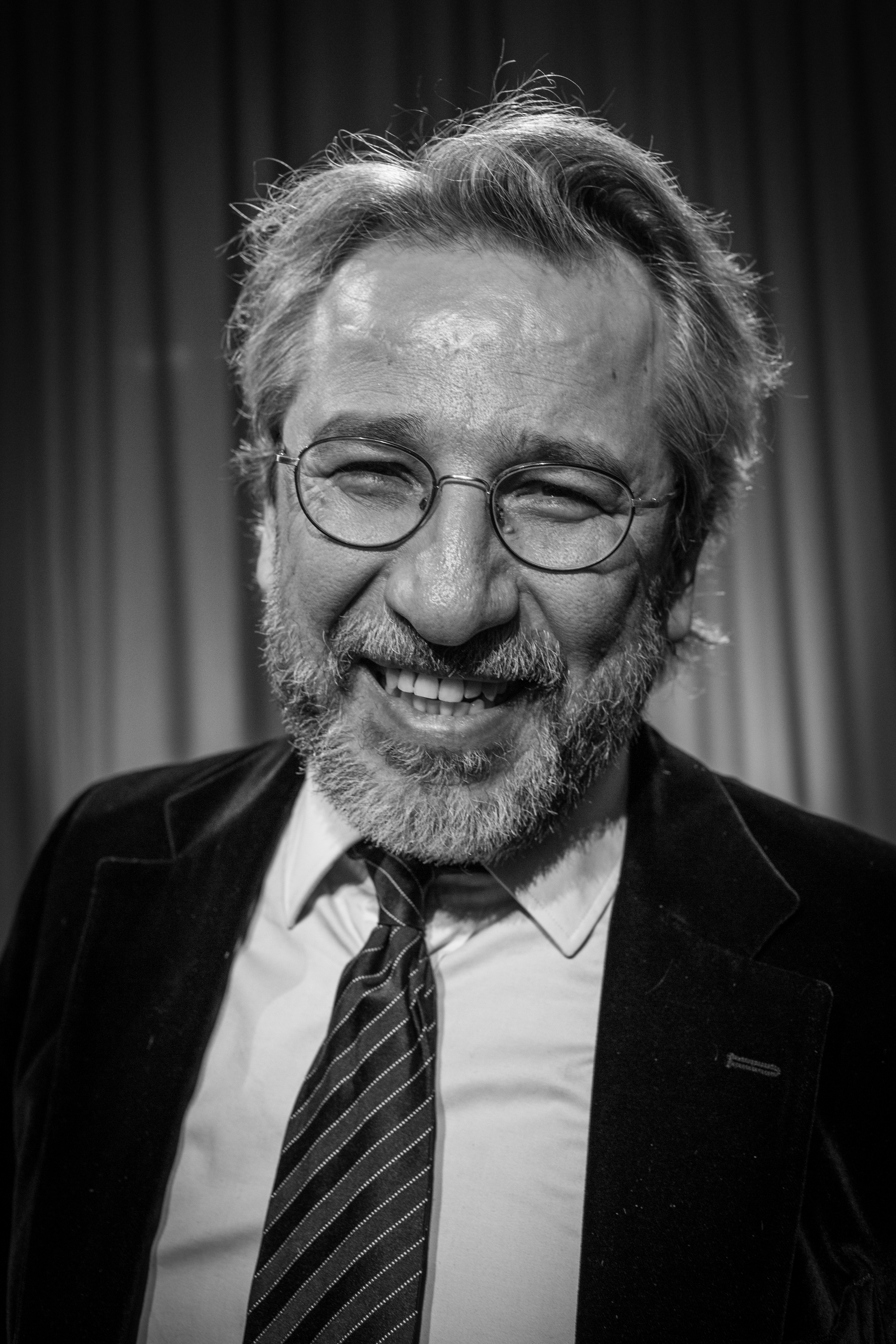
Can Dündar isn’t easily silenced. The outspoken Turkish columnist and editor has been fired, jailed and even shot at by a would-be assassin for his coverage of President Recep Tayyip Erdogan’s government.
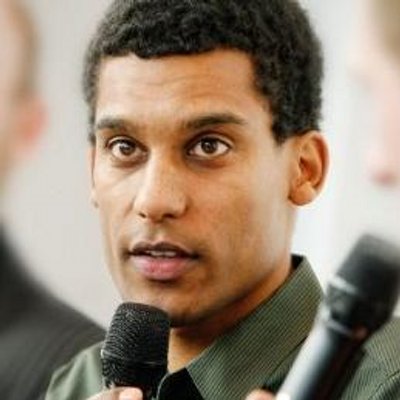
When journalist Marvin Oppong began photographing the scene of an accident involving a police car and a taxi, he was just doing his job. But before long Oppong ended up being violently detained by police and stripped of his camera’s memory card.

Censorship has cross-fertilised and gone viral infecting both democracies and their authoritarian counterparts.
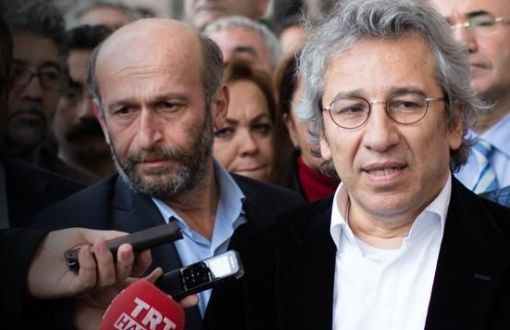
[vc_row][vc_column][vc_column_text] Can Dündar, editor-in-chief of Cumhuriyyet, one of Turkey’s most popular newspapers, was awaiting an appeal on his case in Turkey from Germany when the news of the coup d’etat in his homeland came. Scores of...
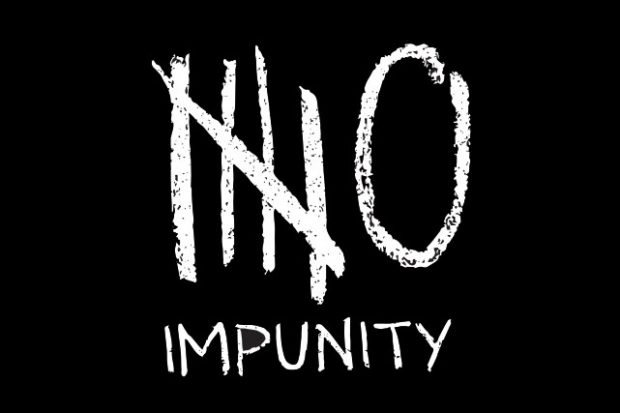
Since 2004, over 700 journalists have been killed for their reporting. Nine out of 10 of these cases go unpunished.
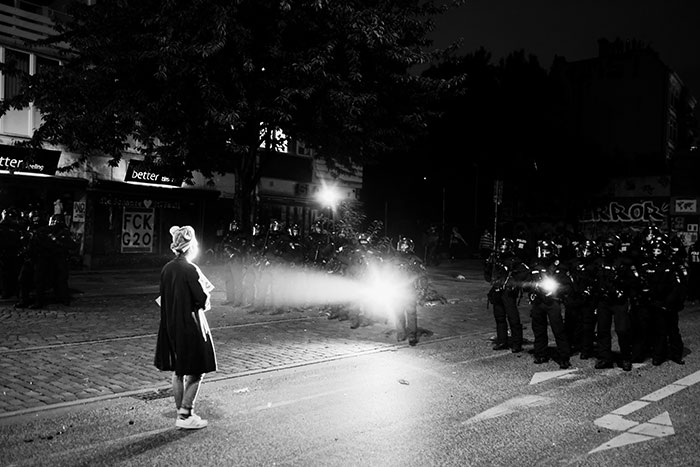
Journalists covering the G20 Summit in Hamburg in July were subject to assaults, intimidation and some lost their accreditation, according to verified incidents documented by Index on Censorship’s project Mapping Media Freedom.
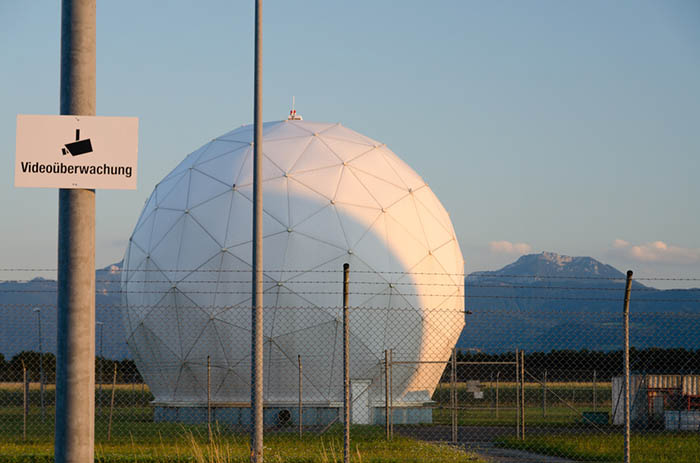
What is worse: intelligence services gathering data without any legal basis or secret services operating within a legal framework that allows them to obtain vast amounts of personal information?